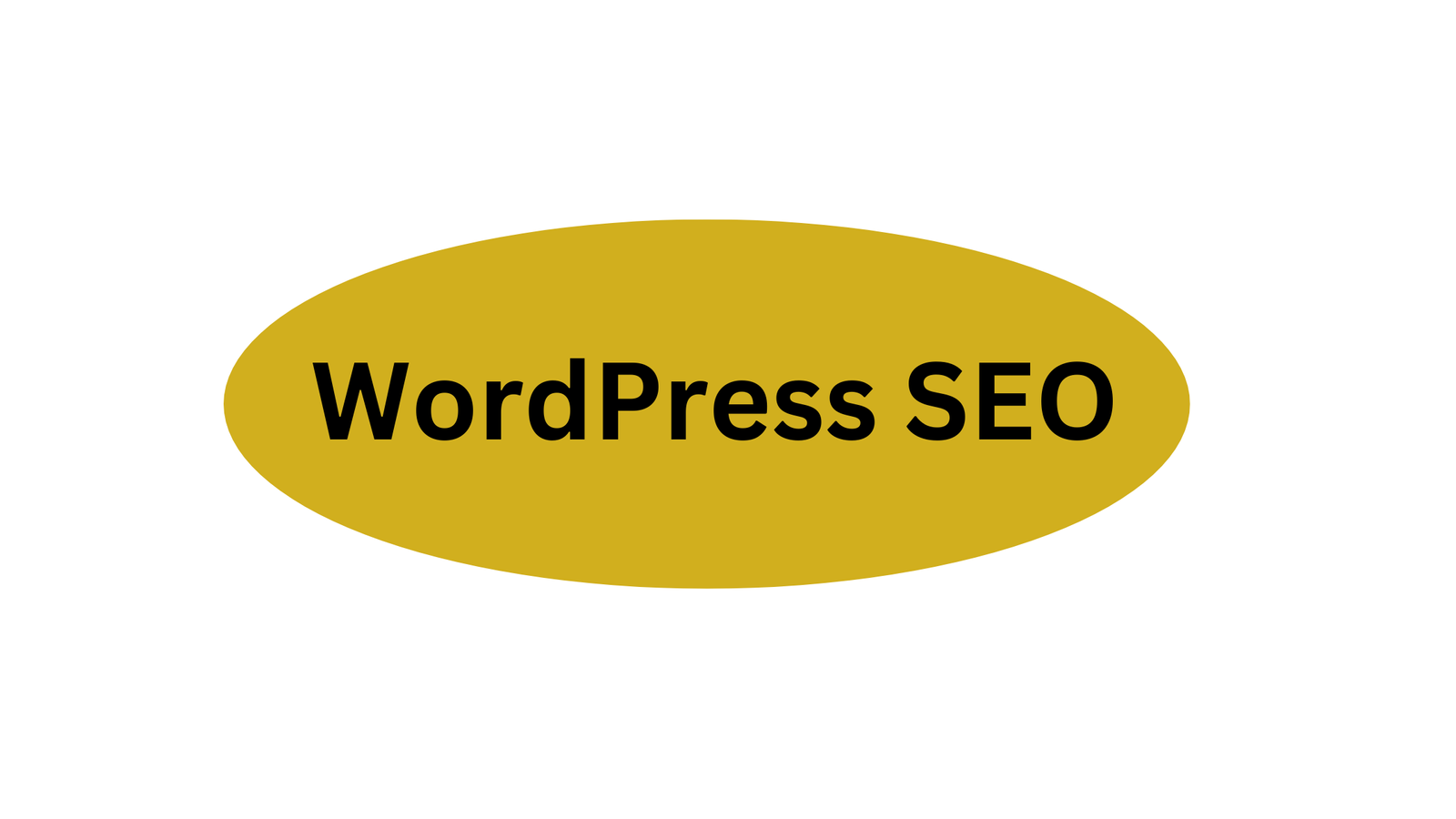Top 5 WordPress SEO Plugins: Features, Pros, and How to Choose

Discover the best WordPress SEO plugins for 2025! Compare features, pricing, and use cases for Yoast SEO, Rank Math, AIOSEO, and more to boost your rankings.
Introduction
In the competitive world of online content, ranking on Google isn’t optional—it’s essential. For WordPress users, SEO plugins are the secret weapon to simplify optimization, from meta tags to technical tweaks. But with dozens of options available, how do you choose the right one?
In this guide, we’ll break down the top 5 WordPress SEO plugins in 2025, highlighting their strengths, weaknesses, and ideal use cases. Whether you’re a blogger, business owner, or developer, you’ll find the perfect tool to skyrocket your search engine rankings.
What to Look for in a WordPress SEO Plugin
Not all plugins are created equal. Prioritize these features when making your choice:
- Ease of Use: Intuitive dashboards for beginners.
- On-Page Tools: Meta tag optimization, readability scoring, and keyword analysis.
- Technical SEO: XML sitemaps, schema markup, and redirect management.
- Speed: Lightweight code that won’t slow down your site.
- Pricing: Free vs. premium features (e.g., advanced analytics).
Comparison Table: Top 5 Plugins at a Glance
| Plugin | Best For | Standout Free Features | Premium Cost (Annual) |
|---|---|---|---|
| Yoast SEO | Beginners | Readability scoring, XML sitemaps | $99+ |
| All in One SEO | Automation | Redirect manager, WooCommerce SEO | $49.60+ |
| Rank Math | Advanced users | Keyword tracking, 404 monitor | $59+ |
| SEOPress | Speed & simplicity | GDPR compliance, breadcrumbs | $49+ |
| The SEO Framework | Minimalists | Zero bloat, auto meta tags | $29+ |
In-Depth Reviews
1. Yoast SEO: The Industry Standard
Overview
With over 10 million active installations, Yoast SEO is the most popular WordPress plugin for a reason. It’s a versatile choice for beginners and experts alike.
Key Features
- Traffic-light content analysis (green = SEO-friendly).
- Automatic XML sitemap generation.
- Social media preview customization.
Pros
- Free version covers 90% of users’ needs.
- Step-by-step guidance for optimizing posts.
Cons
- Can slow down sites with heavy configurations.
- Premium plans are pricey compared to competitors.
Perfect For: Bloggers and small businesses prioritizing ease of use.
2. All in One SEO (AIOSEO): The All-in-One Powerhouse
Overview
AIOSEO packs advanced features into a user-friendly interface, making it ideal for automating SEO tasks.
Key Features
- TruSEO content analysis with actionable tips.
- Built-in redirect manager to fix broken links.
- Local SEO tools for businesses with physical locations.
Pros
- Excellent for WooCommerce stores (product schema markup).
- Free version includes social media integration.
Cons
- Overwhelming for absolute beginners.
Use Case: An e-commerce site optimizing product pages for “best running shoes 2025.”
3. Rank Math: The Feature-Rich Contender
Overview
Rank Math has surged in popularity thanks to its generous free tier, which includes tools often reserved for premium plugins.
Key Features
- Real-time keyword tracking via Google Search Console.
- Built-in 404 error monitor and redirection tool.
- Automatic schema markup for recipes, FAQs, and more.
Pros
- Free version supports multiple focus keywords per post.
- Seamless integration with page builders like Elementor.
Cons
- Complex settings may intimidate new users.
Pro Tip: Use Rank Math’s SEO score checklist to ensure every post meets best practices.
4. SEOPress: The Lightweight Alternative
Overview
SEOPress offers Yoast-like functionality without the bloat, making it a favorite for speed-focused websites.
Key Features
- GDPR-compliant Google Analytics integration.
- Customizable breadcrumbs for better site navigation.
- Social media preview controls (Facebook, Twitter, etc.).
Pros
- Minimal impact on site performance.
- Affordable premium plans for small budgets.
Cons
- Smaller support community compared to Yoast.
Ideal For: Blogs and news sites where page speed is critical.
5. The SEO Framework: Speed Meets Simplicity
Overview
This minimalist plugin is perfect for users who want “set it and forget it” SEO without sacrificing performance.
Key Features
- Automatic meta tag optimization.
- Native compatibility with AMP and page builders.
- Built-in schema markup for articles and businesses.
Pros
- Lightweight code (under 200KB).
- One-click setup for beginners.
Cons
- Lacks advanced tools like redirect managers.
Best Paired With: Static sites or portfolios using Elementor or Divi.
How to Choose the Right Plugin for Your Site
- Beginners: Start with Yoast SEO or AIOSEO for guided optimization.
- Advanced Users: Rank Math’s keyword tracking and schema tools are unmatched.
- E-Commerce: AIOSEO’s WooCommerce integrations shine.
- Speed-Obsessed: SEOPress or The SEO Framework.
3 Common SEO Plugin Mistakes to Avoid
- Using Multiple Plugins: They’ll conflict and crash your site. Stick to one!
- Ignoring Mobile Settings: Ensure your plugin optimizes for mobile-first indexing.
- Skipping Updates: Outdated plugins risk security flaws and broken features.
Conclusion
Yoast SEO remains the gold standard for most users, but Rank Math and AIOSEO are closing the gap with innovative features. For lean sites, SEOPress and The SEO Framework deliver speed without compromise.
Ready to dominate Google? Install your chosen plugin, run a site audit, and start optimizing. Remember: Consistency is key—update content, fix errors, and track progress monthly.
FAQ
Q: Are free SEO plugins enough for a small blog?
A: Yes! Yoast’s free version covers essentials like meta tags and sitemaps.
Q: Can I switch plugins later without losing SEO data?
A: Most plugins retain settings, but back up your site before migrating.
Q: Do these plugins work with page builders?
A: Absolutely—all are compatible with Elementor, Divi, and others.